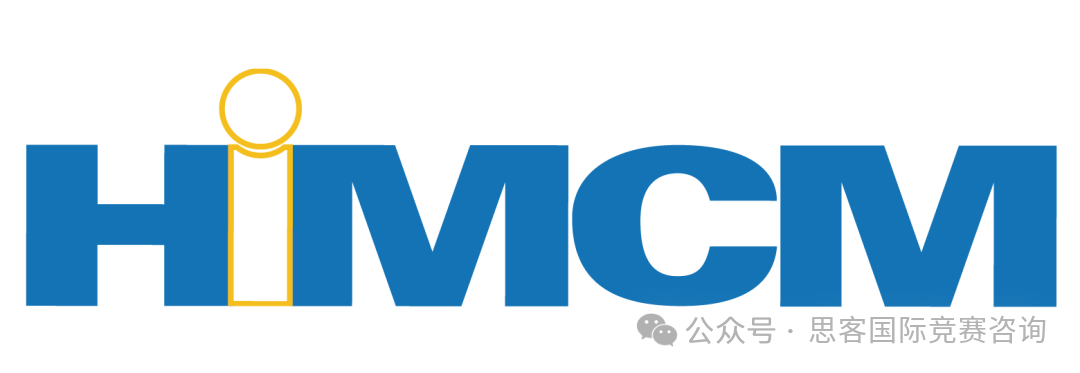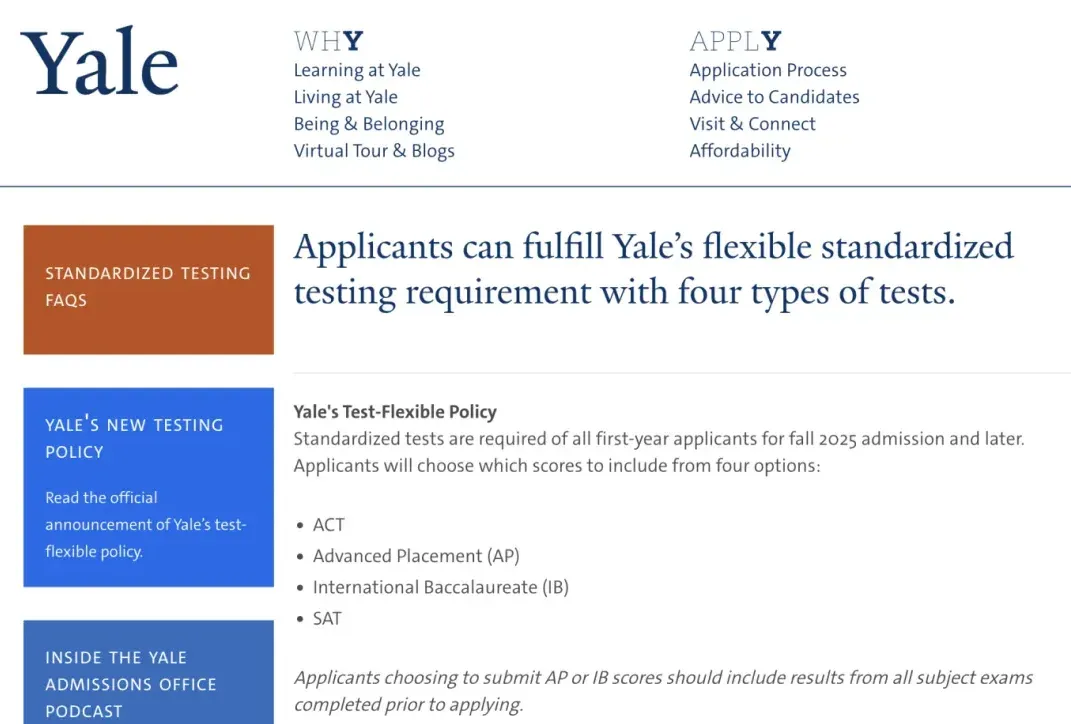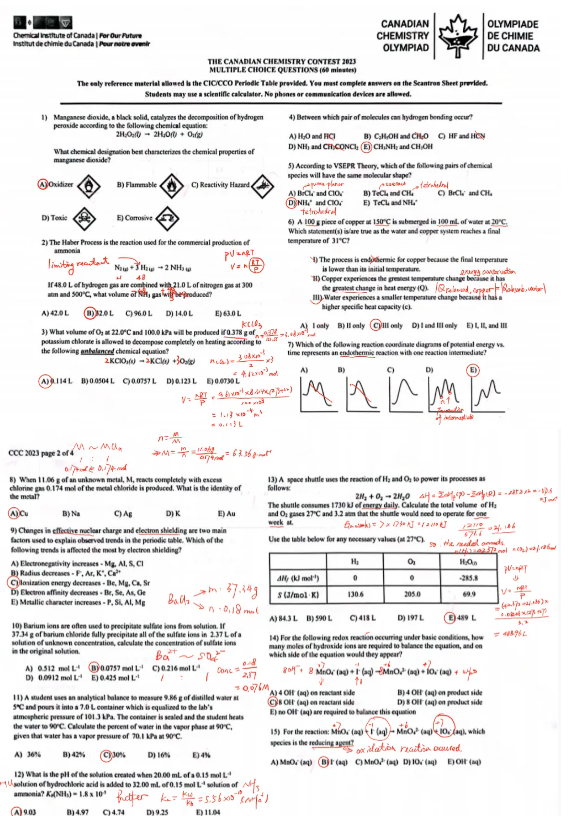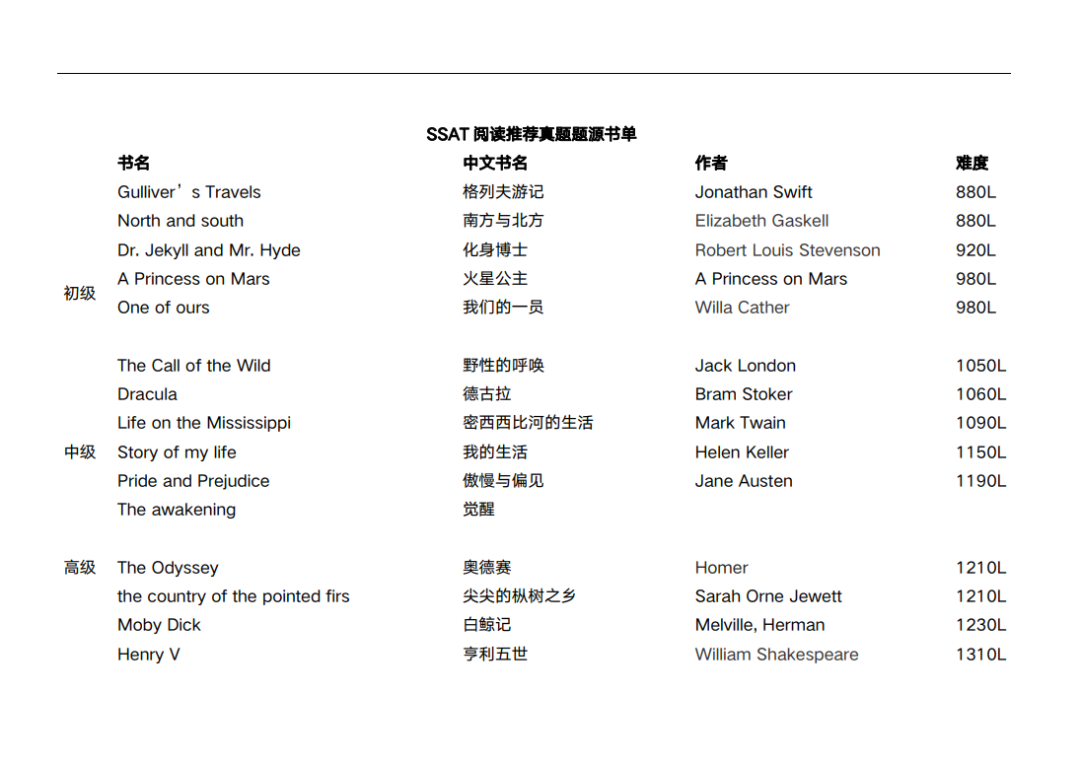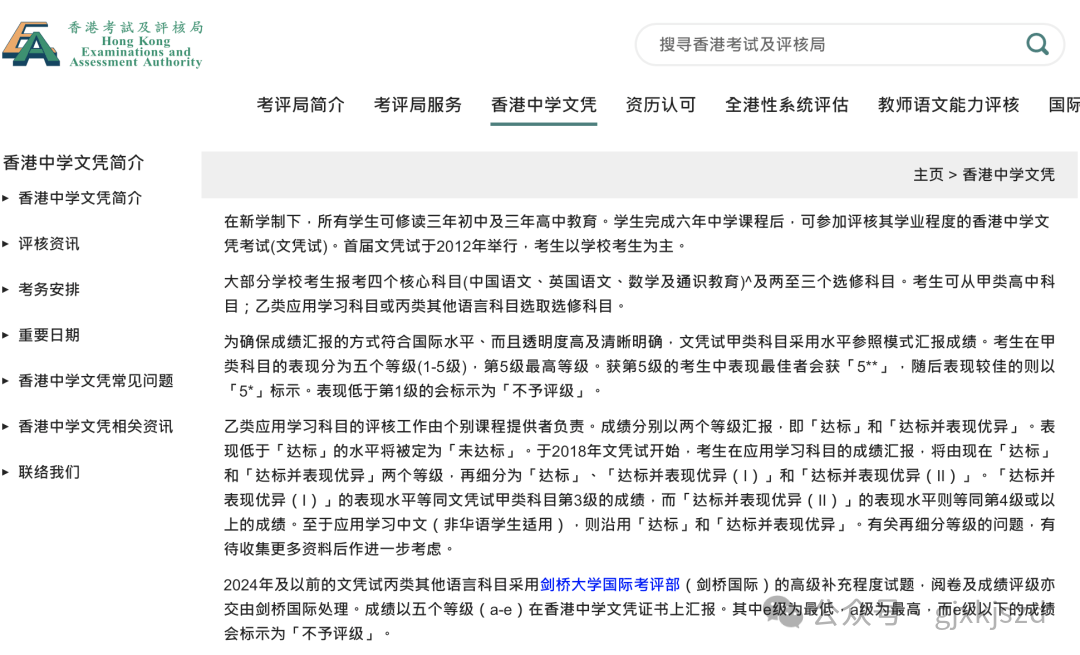本期 为大家推荐皇家理工学院、哥本哈根大学最新2024岗位制博士项目信息。
瑞典皇家理工学院
Phd students in System Security, Formal Verification and Machine Learning
KTH|School of Electrical Engineering and Computer Science
Supervision:Prof. Rolf Stadler and assistant Prof. Hamed Nemati
APPLICATION DEADLINE: 31/8/2024
About the Project
Project description
Third-cycle subject: Computer science
We invite highly motivated students with a strong background in system security, formal verification, and/or machine learning to apply for two PhD positions, funded by Wallenberg AI, Autonomous Systems and Software Program (WASP).
Successful candidates will have the opportunity to investigate cutting-edge research topics, including but not limited to one of the following areas, System Security, Formal Verification, and Machine Learning in Security and Verification.
Supervision:Prof. Rolf Stadler and assistant Prof. Hamed Nemati
What we offer
-
The possibility to study in a dynamic and international research environment in collaboration with industries and prominent universities from all over the world.Read more
-
A workplacewith many employee benefitsand monthly salary according toKTH’s Doctoral student salary agreement.
-
A postgraduate education at an institution that is active and supportive in matters pertaining to working conditions, gender equality and diversity as well as study environment.
-
Help torelocate and be settled in Sweden and at KTH.
-
Generous funding package including stipend and research expenses.
-
Close collaboration with industry partners.
Admission requirements
To be admitted to postgraduate education (Chapter 7, 39 § Swedish Higher Education Ordinance), the applicant must have basic eligibility in accordance with either of the following:
-
passed a second cycle degree (for example a master's degree), or
-
completed course requirements of at least 240 higher education credits, of which at least 60 second-cycle higher education credits, or
-
acquired, in some other way within or outside the country, substantially equivalent knowledge
In addition to the above, there is also a mandatory requirement for English equivalent to English B/6,read more here
Selection
In order to succeed as a doctoral student at KTH you need to be goal oriented and persevering in your work. During the selection process, candidates will be assessed upon their ability to:
-
independently pursue his or her work
-
collaborate with others,
-
have a professional approach and
-
analyse and work with complex issues.
The candidate should be familiar with relevant concepts in system security, formal methods, and/or machine learning.
The candidate should have a strong academic record and demonstrated research potential.
The candidate should possess solid programming skills (e.g., C/C++, Python, Rust)
The candidate should have a good command of English and excellent communication and collaboration skills as it is necessary in the daily work.
After the qualification requirements, great emphasis will be placed on personal competency.
Target degree:Doctoral degree
To apply for the position
Apply for the position and admission through KTH's recruitment system. It is the applicant’s responsibility to ensure that the application is complete in accordance with the instructions in the advertisement.
Applications must be received at the last closing date at midnight, CET/CEST (Central European Time/Central European Summer Time).
Applications must include the following elements:
CV including your relevant professional experience and knowledge.
-
Application letter with a brief description of why you want to pursue research studies, about what your academic interests are and how they relate to your previous studies and future goals. (Maximum 2 pages long)
-
Copies of diplomas and grades from previous university studies and certificates of fulfilledlanguage requirements (see above). Translations into English or Swedish if the original document is not issued in one of these languages. Copies of originals must becertified.
-
Representative publications or technical reports. For longer documents, please provide a summary (abstract) and a web link to the full text.
-
Selected candidates should be able to provide contact information to two reference persons.
Applicants should submit a Research Statement (maximum of 2 pages) and clearly outline their research interests, motivation, and how their background aligns with one or more of the focus areas. Describe any prior research experience; expertise in more than one of these areas will be considered an advantage.
System Security:
-
Microarchitecture security (e.g., side-channels attacks, hardware vulnerabilities)
-
System software security (operating systems, hypervisors, compilers)
-
Exploration of novel security architectures and defenses
Formal Verification:
-
Low-level code security verification (proofs of functional correctness and security)
-
Security protocol verification (cryptographic protocols, distributed systems)
-
Development of scalable verification techniques and tools
Machine Learning in Security and Verification:
-
Applying machine learning to enhance security analysis and formal verification of systems
-
Formal verification of machine learning models for security-critical applications
-
Developing robust and explainable machine learning models for security tasks
哥本哈根大学
PhD scholarship in digital media and scandal
UCPH | Faculty of Humanities
APPLICATION DEADLINE: 1/9/2024
About the Project: Applications are invited for a PhD scholarshipstudying citizen perspectives on and participation in scandals in a digital media context at the Department of Communication. The chosen candidate will be employed by the PhD School at the Faculty of Humanities and enrolled at the Department of Communication.
The scholarship is for 3 years starting on 1 February 2025.
We are looking for a highly motivated PhD-candidate who will conduct research as part of the research project “EXPOSING: The Public Value of Socio-Mediated Scandals in the Digital Age” funded by the Independent Research Fund Denmark (September 2024-February 2028, grant ID: 10.46540/3097-00035B).
The EXPOSING project examines how scandals emerge and progress over time and across media, as citizens no longer passively witness scandals through mass media but take an active role by posting their opinions online and becoming a driving force in exposing and judging moral transgressions. The project aims to show how citizens’ participation in digital publics affects the ways in which scandals develop, and how scandals, as a result of being increasingly citizen-driven, become sites for public communication of concern. The hypothesis is that scandals have the potential to create public value by occasioning citizens’ engagement in the negotiation of what a society considers contestable.
Within the larger framework of the EXPOSING project, the candidate will carry out a three-year PhD-project with the overall purpose of investigating how and why citizens engage in scandals and scandal communication on social media.
We invite project proposals with innovative ideas for how to empirically study citizens’ participation in, opinions about, and motivations for debating contemporary scandals on social media, preferably using a mixed-methods approach. The project proposal could address questions such as: How can the PhD-project contribute to a theoretical rethinking of the concept of scandal in a digital media context? How can citizens’ participation in scandals online be empirically studied in new ways? Why is it important and what motivates you to study contemporary scandals from a citizen perspective?
We are looking for a candidate with:
- a background in media and/or communication studies, preferably with knowledge about digital media and communication, digital platforms, and digital culture,
- interest and experience in empirical media audience research in digital contexts, e.g. in collecting and analysing audience data using digital ethnography, surveys, qualitative interviews, doing quantitative and qualitative analyses of digital media content, social media posts, etc.,
- strong skills in organising and managing professional work and juggling multiple tasks,
- a keen interest in communication to stakeholders and the broader public.
The successful candidate will work closely with the EXPOSING research team, which includes scholars with expertise in digital media and communication studies, celebrity studies, journalism studies, and political communication. The team includes Professor Nete Nørgaard Kristensen (PI,who will supervise the PhD project), Professor Anne Jerslev (co-PI), Associate Professor Manuel Menke, and Postdoc Mikkel Bækby Johansen.
Introduction
The PhD program is a study program which aims at training PhD students, at an international level, to undertake research, development, and teaching assignments. These qualifications open a window of opportunity to a variety of careers within the private and public sectors. The program includes the drafting of a PhD thesis, active participation in research networks and the Department’s scholarly life, PhD courses, teaching, and other forms of knowledge dissemination. The standard duration of the PhD programme is three years of full-time studies, which equals 180 ECTS credits.
Qualification requirements
Applicants must have a two-year master’s degree (120 ECTS) or equivalent and, as minimum, have submitted a master’s thesis for which they have received pre-approval at the time of application.
The qualifications of applicants with non-Danish master’s degrees will be assessed to decide whether they correspond to the Danish level. For further information, please refer to the website of the Ministry of Education and Research:https://ufm.dk/en/education/recognition-and-transparency/find-assessments/general-assessments-for-specific-countries/?set_language=en
Applicants must possess skills in written and spoken academic English at a high level. Knowledge of and some proficiency in Nordic/Danish language will be an advantage.If deemed necessary, the Department may request that applicants document their English skills.
Application
To be awarded a PhD scholarship the applicant has to enroll as a PhD student at the Faculty of Humanities, cf. the rules of the Danish Ministerial order No 1039 of 27 August 2013.
How to apply
Applications must be submitted online. Click on the “Apply now” icon at the bottom of this advertisement to apply. The application must be written in English, and include the following enclosures in Adobe PDF or Word format:
- Project abstract(please fill in the “Project abstract” box in the application form. Must not exceed 1,200 characters).
- Cover letterdetailing your motivation and background for applying for the specific PhD project as part of the larger EXPOSING project.
- Project descriptionoutlining the project’s theoretical, empirical and analytical components and responding to the three posed questions above (should not exceed 12,000 keystrokes, including time schedule for the three years but excluding bibliography. You can find more informationhereabout how to write your proposal.
- CV
- Diploma and transcripts of records(BSc and master’s degree).
- Other information for consideration, e.g. pre-approval of master's thesis, list of publications, documentation of English language qualifications (if relevant).
以上就是本期分享的所有内容了。





